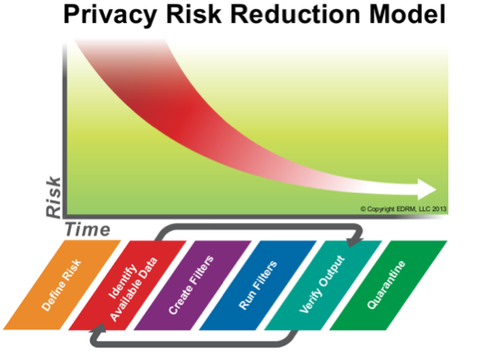Bad Faith Violations in Discovery Lead to Sanctions for Defendant – eDiscovery Case Law

Regarding the case In re Pradaxa (Dabigatran Etexilate) Products Liability Litigation, MDL No. 2385, 3:12-md-02385-DRH-SCW, 2013 U.S. Dist. (S.D. III. Dec. 9, 2013), the defendants’ repeated failure to preserve and produce documents during discovery was found to be in bad faith. The defendants were ordered to produce the documents, or to explain why they couldn’t be produced, and to pay a hefty fine plus the plaintiff’s costs and fees for pursuing discovery motions. The order left room for additional future sanctions, should the bad faith behavior continue.
In the case before Chief District Judge David R. Herndon, the Plaintiffs’ Steering Committee (PSC) filed a motion to seek sanctions against the defendants due to failure to preserve evidence and a faulty discovery hold. The PSC stated four types of discovery violations outlining the defendants’ failure to: (1) identify and preserve the files of a key custodian, (2) preserve evidence or disclose and produce evidence in a timely manner, (3) preserve or produce text messages from employees in a timely manner, and (4) provide passwords for use in collecting documents, resulting in a delay for identifying and producing data.
Judge Herndon noted in addressing the motions that the defendants “have simply failed to follow the Court’s orders,” stating that the “ongoing discovery abuses” by the defendants have “plagued” the proceedings nearly since the beginning of this litigation. He went on to say that he had “never seen a litigation where the problems are just ongoing and continual, and every month or every week there’s an issue of this failure and that failure and the other failure. It is just astounding.”
Due to the egregious and continued issues brought on by the defendant’s “numerous and substantial” discovery violations, as well as the effect of prejudicing the plaintiffs and the defendants’ “contumacious disregard for [the Court’s] authority,” Judge Herndon followed Rule 37 which grants the Court the inherent authority to award sanctions and fined the defendants nearly $30,000 – an amount that is roughly equal to $20 per case in this multidistrict litigation (MDL). The defendants were also warned that Judge Herndon believes in “progressive discipline,” a clear statement that further sanctions would be imposed if the defendants’ “endless parade of excuses” continues.
Furthermore, the defendants were ordered to audit their records in an attempt to determine whether additional undiscovered material existed. While Judge Herndon expected that some deficiencies would be found, the audit uncovered a “growing number of ‘gaps’ in production” resulting from the defendants taking liberties with the company-wide litigation hold by applying a “too narrow and an incremental approach.”
Judge Herndon remarked to each of the excuses offered by the defendants with regards to various failures to preserve discovery documents and electronically stored information (ESI), stating that the defendants “do not get to pick and choose which evidence they want to produce from which sources” and that their “efforts to suggest that they and they alone decided to implement such a proportionality test to the litigation hold smacks of a post-debacle argument in desperation to salvage a failed strategy regarding production evasion.” Therefore, the defendants’ attempt to claim good faith was dismissed, as sanctions were imposed.
This case was previously covered on this blog here.
So, what do you think? Were these sanctions a strong enough deterrent to discovery violations in other cases? Or should apparent deliberate evasion and ignoring court orders lead to stiffer penalties? Please share any comments you might have or if you’d like to know more about a particular topic.
Disclaimer: The views represented herein are exclusively the views of the author, and do not necessarily represent the views held by CloudNine Discovery. eDiscoveryDaily is made available by CloudNine Discovery solely for educational purposes to provide general information about general eDiscovery principles and not to provide specific legal advice applicable to any particular circumstance. eDiscoveryDaily should not be used as a substitute for competent legal advice from a lawyer you have retained and who has agreed to represent you.






